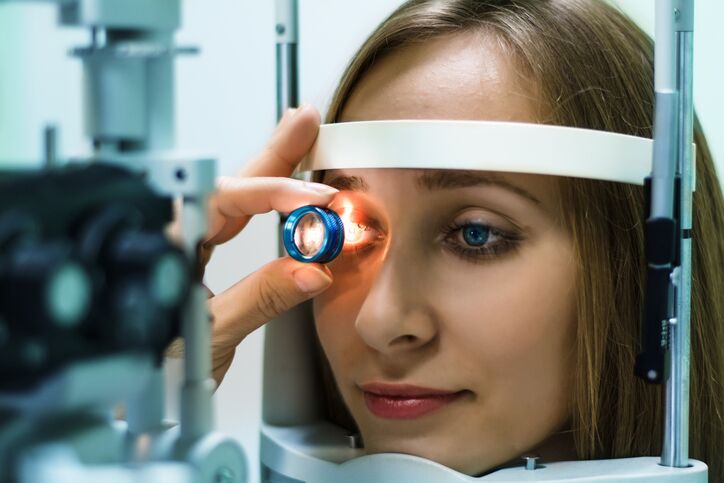
The medical community is aware of the undeniable like between eye health and brain health. The concept is simple: people that show vascular disease, or retinopathy, in the eye are likely to show symptoms of vascular disease in the brain. Symptoms include problems with thinking and memory skills, likely to be caused by the same vascular disease that damages the retina of the eye. While the issues caused by the vascular disease are unfortunate, the link could be an important diagnostic tool.
A 2012 study involving 511 women took ten years to complete, with thinking and memory tests, as well as eye health tests taken periodically over the course of the study. The results were somewhat conclusive:
“Problems with the tiny blood vessels in the eye may be a sign that there are also problems with the blood vessels in the brain that can lead to cognitive problems,” said study author Mary Haan, DrPH, MPH, of the University of California, San Francisco. “This could be very useful if a simple eye screening could give us an early indication that people might be at risk of problems with their brain health and functioning.”
7.6 percent of the women had retinopathy. The women with retinopathy on average had lower scores on the cognitive tests than the women who did not have retinopathy. Several other factors were taken in to account, like blood pressure and diabetes.
Since the 2012 study, medical professionals have continued to explore the connection between retinopathy and decreased memory function, using it as a somewhat reliable predictor of dementia risk.
Doctors know that small blood vessel blockages and ruptures in the brain contribute to both dementia and Alzheimer’s, said Dr. Sam Gandy, director of the Mount Sinai Center for Cognitive Health and NFL Neurological Care in New York City. These are the blood vessels that mirror the blood vessels in the eye.
Why is this connection so important?
Even with today’s advances in medical technology, the tiny blood vessels in the brain can’t be viewed in a living person. So, doctors are able to rely on the eye for diagnostic purposes.
“The eyes are the windows to the brain because the vasculature within the retina and within the brain is so similar,” explained lead researcher Jennifer Deal, an assistant scientist with the Johns Hopkins Bloomberg School of Public Health in Baltimore.
“Blood vessels in the eye are very similar to those in the brain. They’re similar both anatomically and physiologically,” Deal said. “We think by looking at these blood vessels in the eye, that’s actually giving us an idea about changes that might be occurring in the blood vessels of the brain.”
Deal and her colleagues continued to explore the eye/brain connection through data from a long-term study of heart risk factors. Their conclusion was similar to the 2012 study — retinal changes appear to be related to brain and memory loss.
While it can not yet be used as an absolute predictor of future brain health, the connection between eye health and brain health is something that patients should be aware of. Each day, ophthalmologists perform non-invasive retinal exams and gain valuable insight into their patients’ health. By reporting retinal changes and disease to their family doctor, patients may have one piece of the puzzle that determines their future health.
SOURCES: Jennifer Deal, Ph.D., assistant scientist, Johns Hopkins Bloomberg School of Public Health, Baltimore; Sam Gandy, M.D., Ph.D., director, Mount Sinai Center for Cognitive Health and NFL Neurological Care, New York City; Feb. 28, 2018, Neurology, online
American Academy of Neurology (AAN). “Eye health is related to brain health.” ScienceDaily. ScienceDaily, 14 March 2012. <www.sciencedaily.com/releases/2012/03/120314165932.htm>.
